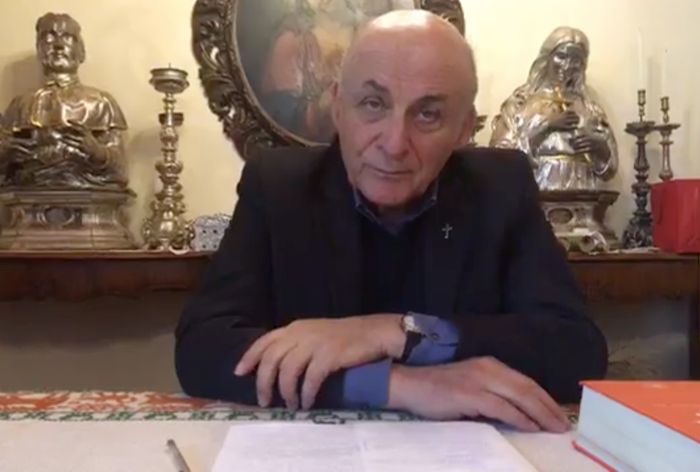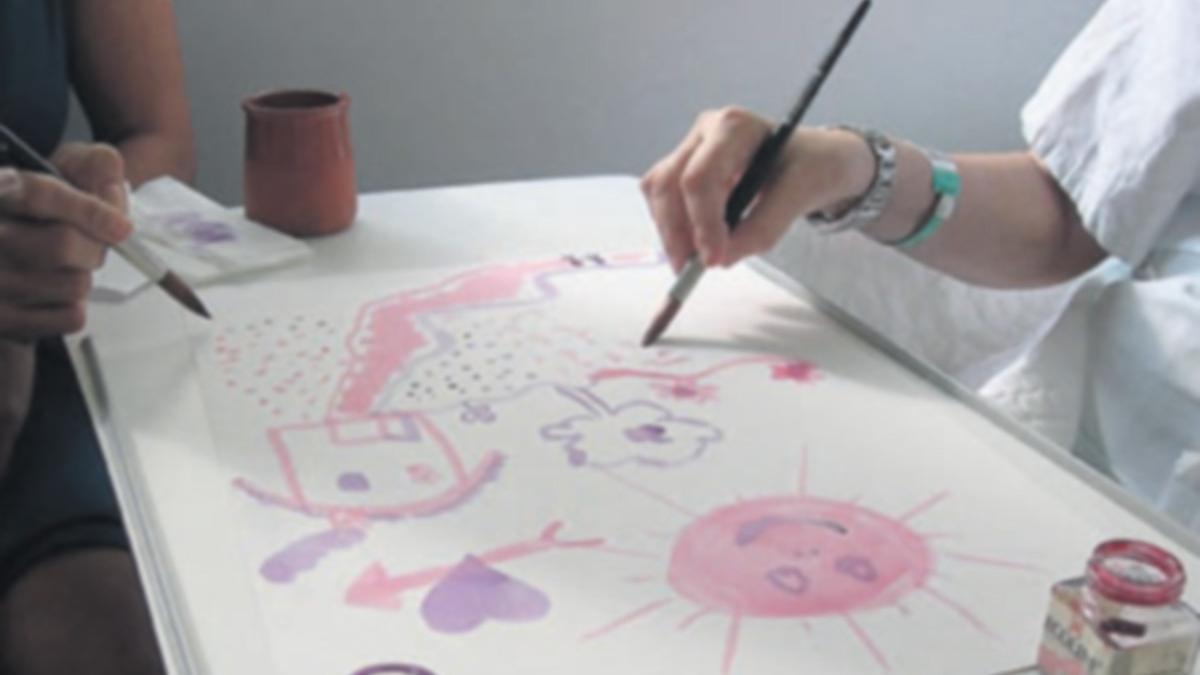Jesus began his preaching in Nazareth, where everyone knew “the son of Joseph.” This beginning ends with a failure: “They drove him out of the city” (Luke 4, 29), even with murderous intentions. Why this violent rejection by these good people? The Bible indicates that they demanded some miracle, but were offended by Jesus’ preference for strangers and the poor: already in the Old Testament, they had welcomed the prophets in greater abundance, that is, those with a god. Israel has entrusted his word.
I wonder if we, Christian nations for two millennia, do not act in the same way. Certainly, there is no violent rejection of Jesus and his preaching. But perhaps we will oppose him with polite but firm denial and politely accompany him to the door, especially at this time of pandemic. We also like some miracles, even small ones, especially now, that our faith in science is being shaken. The absence of God is our accusation: how many millions of men have questioned, not only at Auschwitz, his silence.
In the face of silence, but also a lot of words, the result is sadness. Should we wait for the pandemic to end to regain some calm? What will we do with the suffering of these days? Will it be possible to leave again or at least forget?
I am more and more convinced that the only way out of this grief is conversion. I deliberately use this word out of religious language, and I take comfort in the fact that it is the first word that Jesus utters in his preaching (Matthew 4:17).
Conversion is often interpreted in an ethical and moral sense: it will consist in escaping from sinful habits, in order to adopt virtuous behavior. Sure, changing our habits is important, but it comes later. Conversion is first of all listening to a word that each person discovers is addressed to him and not to others and asks to ask himself, or rather to set out on a journey. Moral behavior is often constant, because of the conviction that we are fine with God and with men: and for this we are disappointed when this type of insurance policy is not respected.
Conversely, transmutation (literally, “addressing someone”) is first of all accepting that the other takes the initiative, possibly upsetting or frightening us. But, unlike the universal moral commandments which concern everyone, conversion is a welcome word addressed to me and I alone, which already contains for this simple truth the promise: “I am with you always.” This word “is very near to you, it is in your mouth and in your heart, that you may put it into practice,” it was previously said by the Old Testament (Deuteronomy 30-14). To listen to it, a little availability is useful, to turn off the noise, even the background noise of our souls. The habit of reading a small portion of the Bible every day, as it is available, without expecting to find an answer to our problems immediately is very beneficial. The answer will come slowly, but above all will come solace.
Indeed, sorrow comes from loneliness, and peace comes from the assurance of a good presence that accompanies us by hand. As we have seen, it is the poor and foreigners who easily hear this word. The stranger is he who has no rights, and the poor one who runs out of his resources: for this reason their souls are more available, even if they themselves also have to ask questions, question expectations, and accept ironically that consolation comes from another poor, from a poor God even to the cross.
The result of the transformation is necessarily charity. In this Sunday’s readings, Paul spoke to us impressively (1 Cor. 13). But here, too, we need to put ourselves in perspective of a spiritual journey: I’ll never be able to say, “I’ve loved enough.” The Prophet says: “Charity is a mercy that does not seek its own interest.” How beautiful, this word “mercy”, broad-minded, generous and hospitable: merciful loving is able to welcome one’s own suffering and the suffering of others, with hope and confidence. Then, even an epidemic can be an opportunity to become better: aware of our poverty, we will discover that we have many brothers: this will be our true wealth.

“Infuriatingly humble social media buff. Twitter advocate. Writer. Internet nerd.”



